The shift to net zero will require rapid transformation across the economy and society, impacting our jobs, the way we live, and the places we live in.
In partnership with the Scottish Government, the RSA is hosting a series of participatory futures workshops over the summer of 2022 to explore how changes to the energy system could impact local communities and bring together citizens to collectively imagine better futures.
A changing energy system
The notion of a ‘just transition’ was incorporated into the 2015 Paris Agreement as a way of signalling the importance of maximising positive social impacts of climate policies for workers and communities and minimising any negative repercussions. Scotland has already taken world-leading action by embedding just transition into domestic climate change legislation and committing to a series of just transition plans. Later this year, the Scottish Government will publish a new Energy Strategy and Just Transition Plan for consultation. This will provide a vision and route map for Scotland’s future energy system, looking at the different ways energy generation, distribution and demand could fit together and interact in a net zero Scotland. The future energy system could represent an opportunity for Scotland to grow its green economy as an energy exporter to the rest of the UK and Europe. There will be changes to the way we travel and the way we heat our homes. The changing energy system will impact the kind of jobs and skills Scotland needs.
In partnership with the Scottish Government, we are holding a series of events across Scotland to explore how a just transition can help build a wealthier, healthier and fairer nation. These workshops will input into this work by bringing together diverse groups of citizens to better understand the implications these different shifts could have for jobs, local communities and the natural environment and discuss priority areas for action.
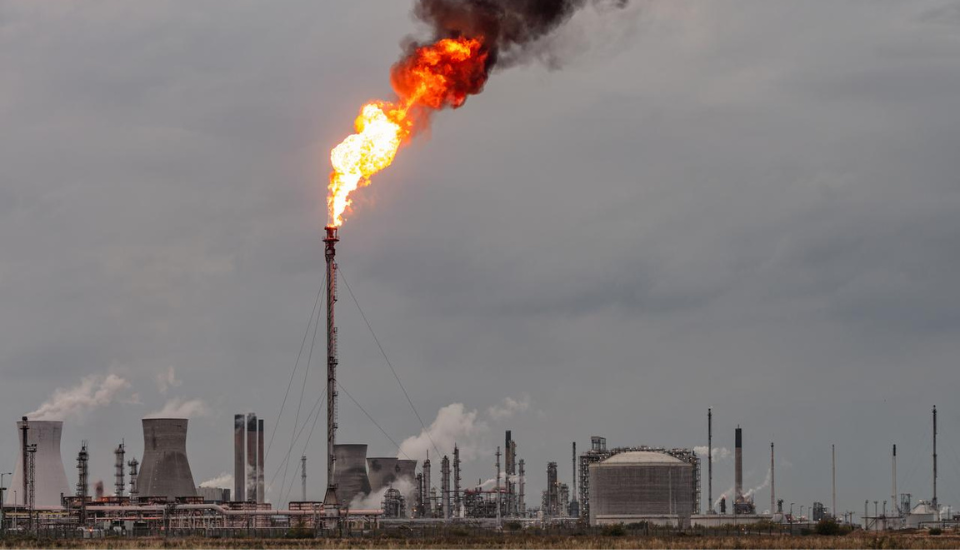
Why participatory futures approach?
Nesta defines participatory futures as “a range of approaches for involving citizens in exploring or shaping potential futures”. At the RSA we believe that involving citizens with lived experience of issues leads to more robust foresight. Greater diversity of perspective means fewer ‘conceptual blind spots’ when thinking about the future.
Participatory futures can also help build legitimacy in local and national policy- making by giving a voice to communities that will be most affected by transitions that will take place. This is considered a key lesson from other just transition initiatives such as those in Germany and Canada that aimed to build a consensus around the phasing out of coal. The task force on a Just Transition for Canadian Coal Power Workers and Communities travelled to 15 communities across Alberta, Nova Scotia, New Brunswick, and Saskatchewan to engage with workers and their families, local employers and business representatives, trade unions and local authorities.
Participatory futures workshops can also have a transformative impact on participants by building their imaginative capacity: several case studies from the field demonstrate that participants feel a greater sense of agency and optimism about the future. During these workshops, we will encourage participants to explore challenges and opportunities associated with new technologies and societal changes, from more renewable electricity being produced by wind turbines to a shift from gas boilers to heat pumps in our homes. However, we will also encourage participants to think about these questions from regenerative perspectives, including those of stakeholders who are not able to represent themselves, such as wildlife, natural landscapes and future generations. The workshops will also focus on empowering participants to collectively develop visions for their local area and bringing these to life using creative approaches.
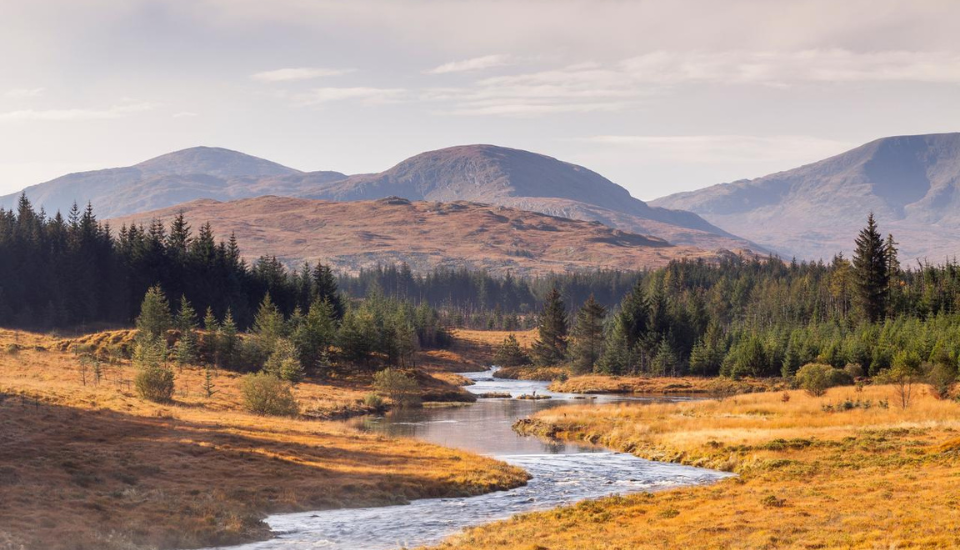
How can you get involved?
We will be holding most of our events in-person and visiting parts of the country that will likely experience these transitions very differently. This includes areas with high levels of employment in fossil fuel production such as Grangemouth in Falkirk. As well as Leven in Fife, an area that has previously been impacted by deindustrialisation. We will also be visiting Dumfries to better understand the impacts of the just transition on rural communities. These events are complementing planned engagement with the Scottish Government that is taking place across the country, including in major energy hubs such as Aberdeen. You can learn more about the Scottish Government’s approach on the Scottish Government Consultations website.
The confirmed schedule of events over the summer includes:
- Friday 5 August: A just transition for Fife – participatory futures community workshop
- Saturday 6 August: A just transition for Dumfries – participatory futures community workshop
- Wednesday 31 August: RSA Scotland wrap-up event – open to all across Scotland and around the world (online)
- TBC: A just transition for young people – online workshop with young people aged 16-24
- We want to hear from a wide range of different people and you don’t need to have any background knowledge of the energy system to get involved. We hope that by attending the event, participants will have the opportunity to:
- Learn about futures thinking tools and methods that the RSA has developed and build an understanding of net zero issues that are important for Scotland.
- Contribute to the Scottish Government’s Just Transition planning by sharing their personal lived experience of how net zero could impact their local area.
- Build connections with others in the community and have fun using creative design approaches to imagine better futures for their local area.
We’re planning on using RSA Fellowship networks and working closely with local community organisations to recruit participants for this forthcoming events series.
If you can help us with this, are interested in attending or know someone who might be, please email [email protected].
What would a good and 'just transition' look like for you? Let us know in the comments below.
Related articles
-
Our yes/no voting system means nothing ever happens
Comment
Peter Emerson
Climate change tells us we must cooperate or die. But where’s the cooperation between political parties? Peter Emerson suggests a radical change.
-
Design for Life: six perspectives towards a life-centric mindset
Blog
Joanna Choukeir Roberta Iley
Joanna Choukeir and Roberta Iley present the six Design for Life perspectives that define the life-centric approach to our mission-led work.
-
Rural and post-industrial perspectives on the just transition
Report
Fabian Wallace-Stephens Emma Morgante Veronica Mrvcic
This report explores how changes to the energy system could impact specific Scottish regions and bring together citizens to collectively imagine better futures.
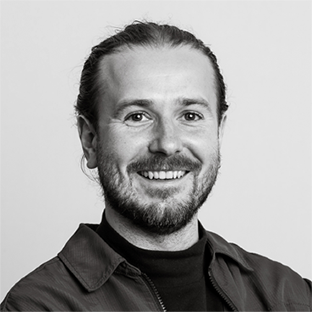
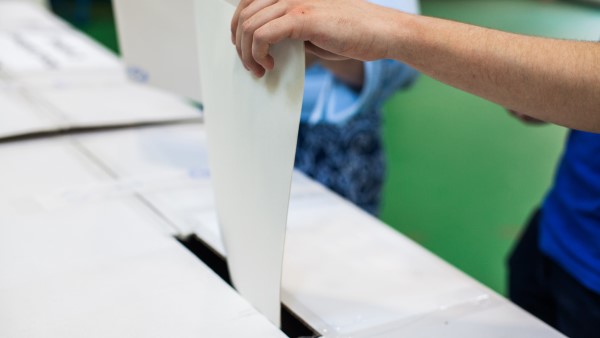
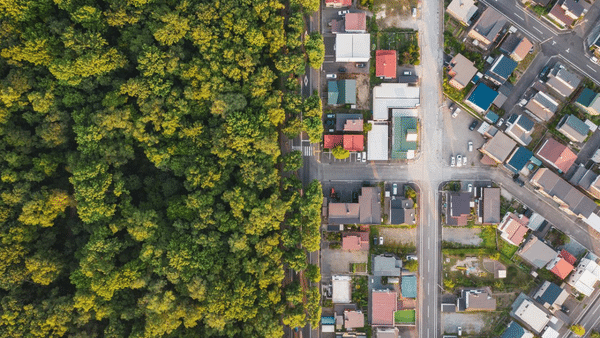
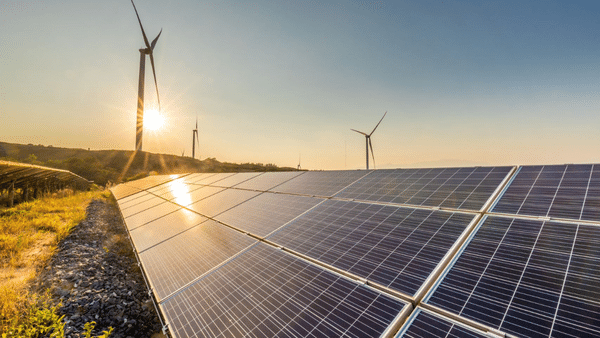
Join the discussion
Comments
Please login to post a comment or reply
Don't have an account? Click here to register.
Great initiative, but please change the title. This is about participatory democracy or Communities driving the change. Too often the response to climate breakdown is stop using plastic straws and set at the responsibility of the individual. While we all have a role to play in averting the worst impacts of climate breakdown it won't happen without wider systemic change on the level that only governments can act.